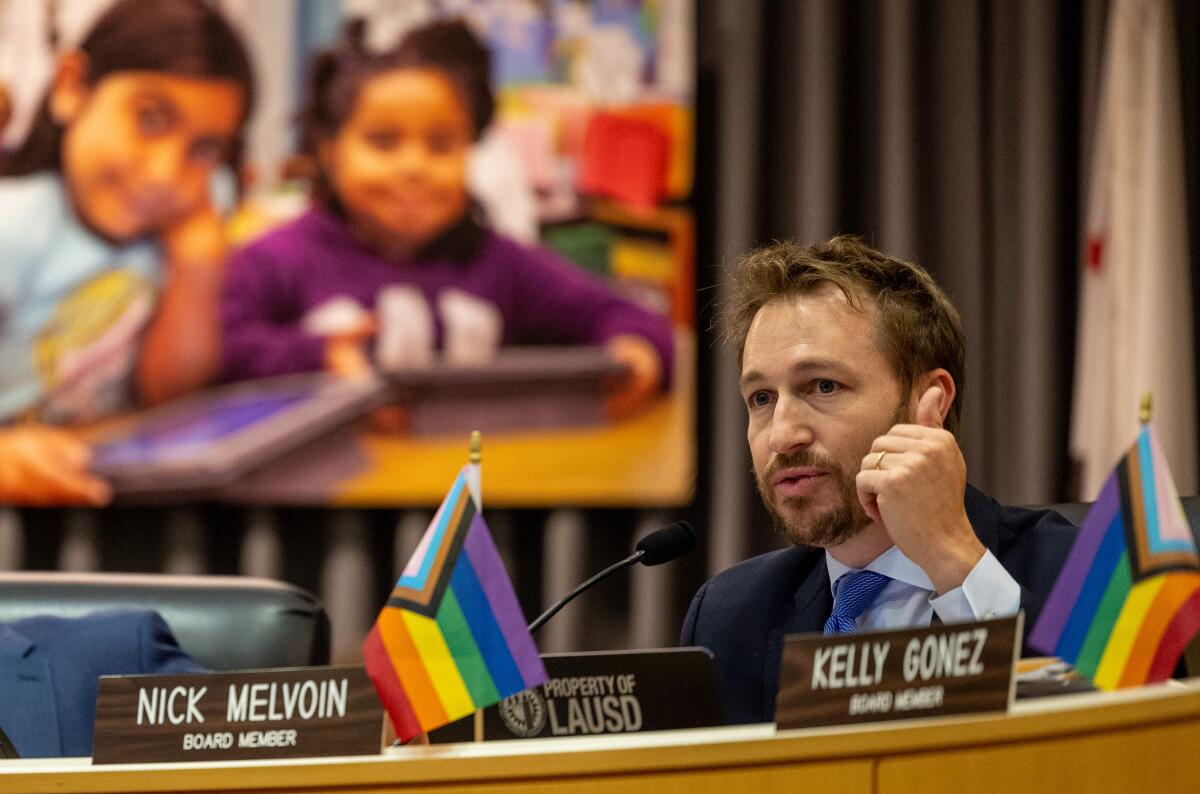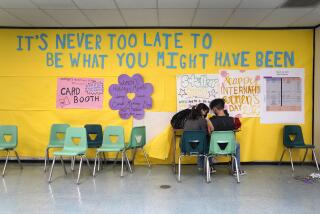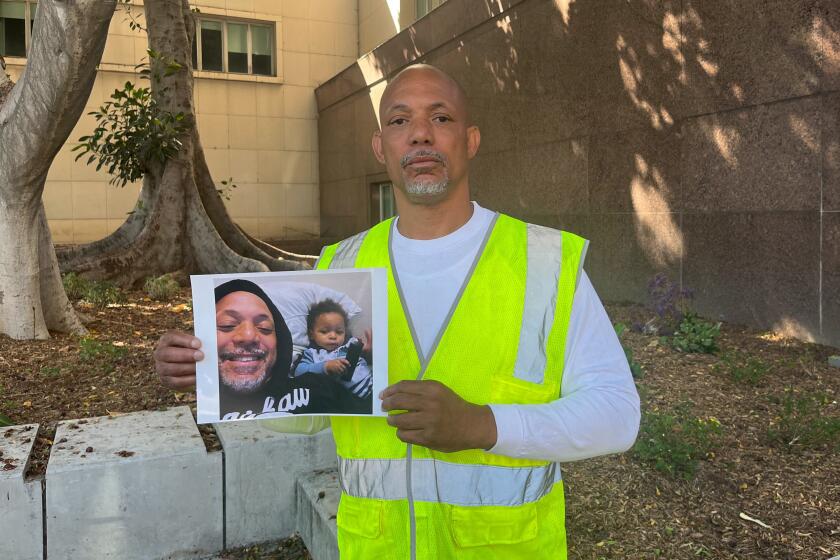Letters to the Editor: How L.A. schools banning cellphones might go too far

To the editor: I am a rising senior in the Los Angeles Unified School District, which just decided to ban cellphones. As a high school student, I am constantly surrounded by phones. We use our phones so much, it has almost come to feel like a constitutional right.
At the same time, a multitude of research says social media is terrible for students. Addiction, depression and body image issues result from or are worsened by apps such as Instagram. Although it will be an extreme inconvenience, I am receptive to the ban because I can see firsthand how phones are detrimental to students’ physical, mental and social health. However, there are some problems that need to be addressed.
For one, cases of sexual harassment, bullying, gun violence and other issues can be more easily addressed if students are able to film and subsequently report them. Another problem is students who need phones for translational purposes or special needs. The district must be cautious to provide those students enough access to the tools they rely on to learn.
LAUSD’s decision is good-spirited, but the district needs to make sure it is ready to handle the complete revolution they’re about to bring for students.
Neel J. Thakkar, Los Angeles
..
To the editor: It is unfortunate that the LAUSD board found it necessary to ban cellphones from schools.
The annual report of the Los Angeles County Civil Grand Jury states: “Use of cell phones is a persistent problem in many secondary schools. However, one high school the team visited has dealt with this problem very effectively. They have installed cellphone lockers in all of their classrooms.
“Before a class hour begins, students can place their phone in a locker and take the key. At the end of the class hour, they use the keys to retrieve their phones. Use of the lockers is optional, but students understand that their phones must be silent and out of sight of the teacher throughout class time.”
Thus the Civil Grand Jury found this approach had been effective at eliminating cellphone use during classes.
Norman H. Green, Los Angeles






